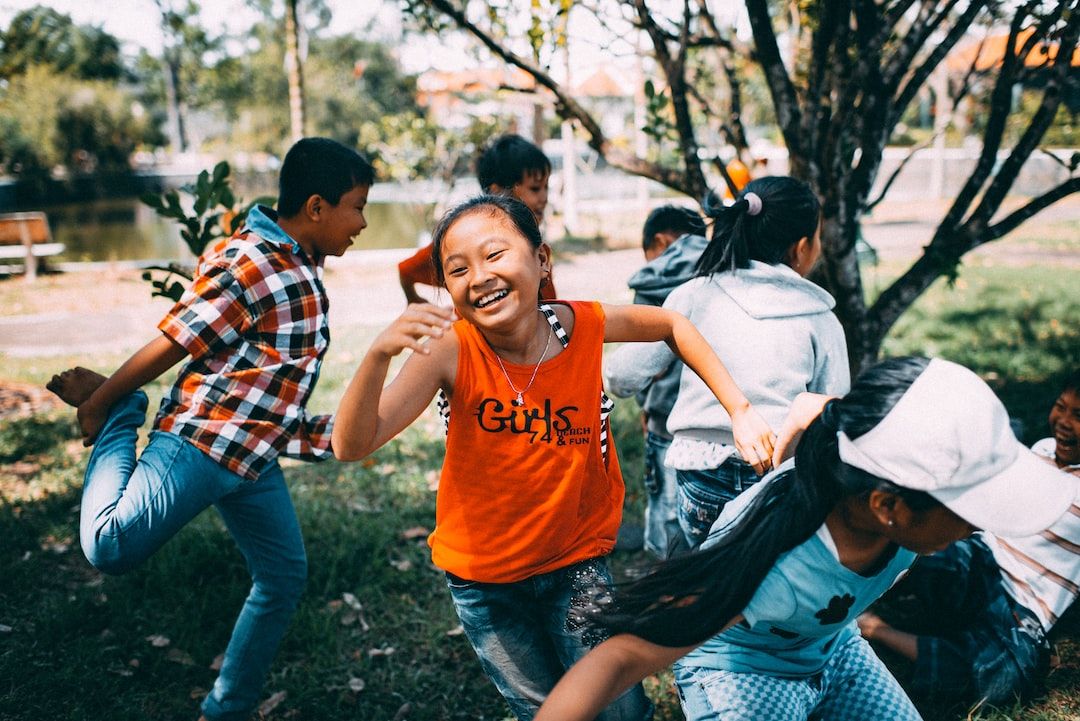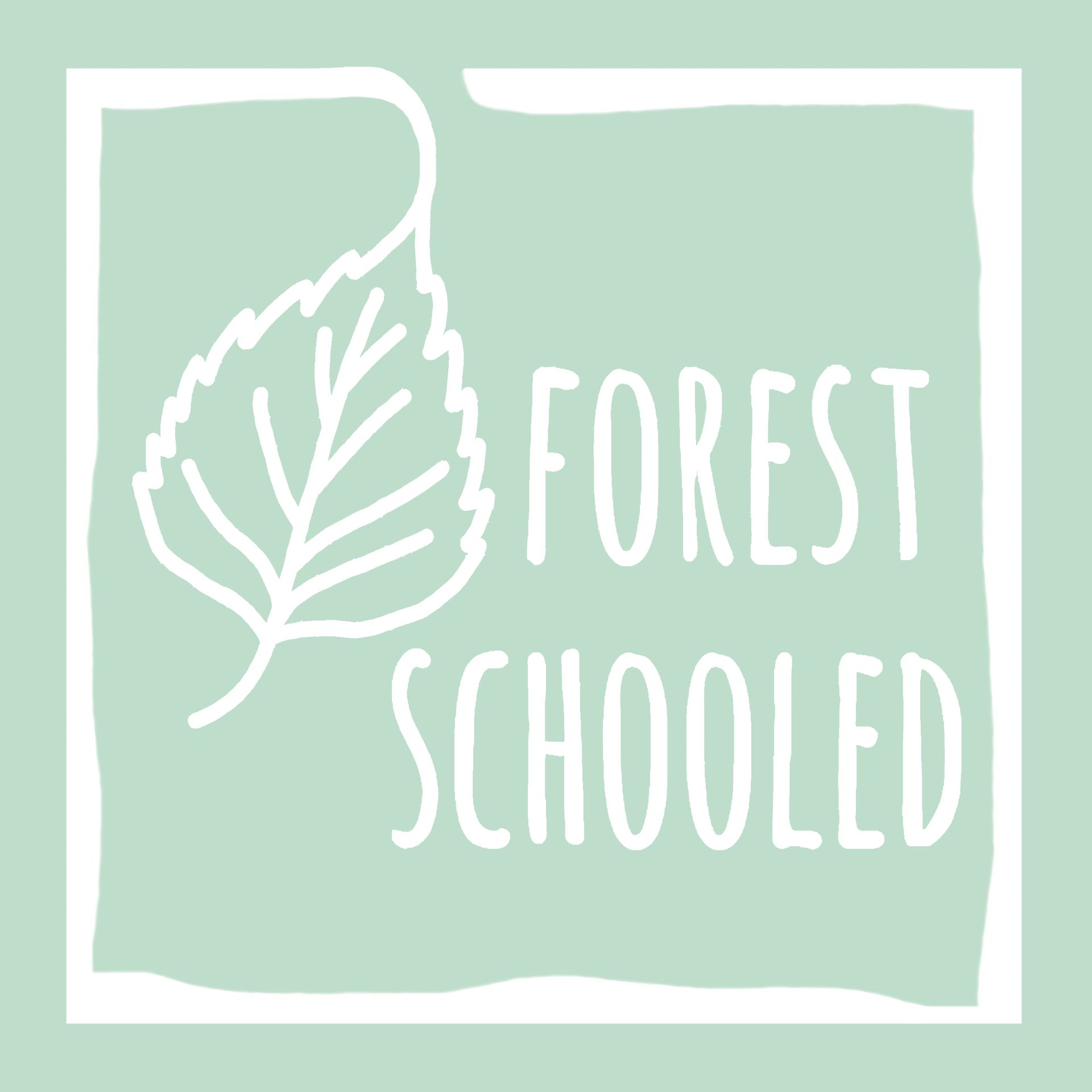Blog
Stories from my personal journey learning about and delivering Nature-rooted programs across three different countries
Let's play...
Caylin (Forest Schooled)

Empty space, drag to resize
Today's session was very different from last week's session (Thank goodness!!). The mud wrestling and associated traumas of the week before have led us to dub ourselves the “Swamp School Survivors.”
Needless to say, the heightened emotional state of everyone at the end of last week's session left no opportunity for reflection. But after a week to think about it, we were able to discuss what we had learned at the start of today's session – and I think it's safe to say that lessons have most definitely been learned.
Through our discussion, the children shared with us that they had enjoyed last week's session up until “The last part when we got wet and cold”. They admitted that although they had been warned about the risks by the adults, they had decided to go in the puddle anyway. They reflected on what they could do differently in the future and the following conclusion was whole heartedly made by all: “Don't do that again!” And that brought us onto the theme of choices. Sarah, who led the discussion, pointed out to the group that they were in control of their actions and could choose to behave or act as they wished. However, such actions have consequences and perhaps it would be worth considering those consequences first the next time.
Having choices is a very empowering thing. And though the children at the PRU are constantly reminded that their behaviour is their 'choice', the reality of it is they have very little control over their own lives. The children all struggle to pursue their own autonomy, but the more they try to declare their freedom to make choices through rebellious behaviour, the more restrictions, punishments and rules are placed upon them. It makes for a very vicious cycle.
One of the few ways the PRU children can experience choice and autonomy is through free play and this is what they engaged in for most of today's session. By definition, play is (1) freely chosen, (2) personally directed and, (3) motivated from within. In Free to Learn, Peter Gray (2013) states, when children engage in free play, they “learn to make their own decisions, solve their own problems, create and abide by rules, and get along with others as equals rather than as obedient or rebellious subordinates” (pg.17).
Needless to say, the heightened emotional state of everyone at the end of last week's session left no opportunity for reflection. But after a week to think about it, we were able to discuss what we had learned at the start of today's session – and I think it's safe to say that lessons have most definitely been learned.
Through our discussion, the children shared with us that they had enjoyed last week's session up until “The last part when we got wet and cold”. They admitted that although they had been warned about the risks by the adults, they had decided to go in the puddle anyway. They reflected on what they could do differently in the future and the following conclusion was whole heartedly made by all: “Don't do that again!” And that brought us onto the theme of choices. Sarah, who led the discussion, pointed out to the group that they were in control of their actions and could choose to behave or act as they wished. However, such actions have consequences and perhaps it would be worth considering those consequences first the next time.
Having choices is a very empowering thing. And though the children at the PRU are constantly reminded that their behaviour is their 'choice', the reality of it is they have very little control over their own lives. The children all struggle to pursue their own autonomy, but the more they try to declare their freedom to make choices through rebellious behaviour, the more restrictions, punishments and rules are placed upon them. It makes for a very vicious cycle.
One of the few ways the PRU children can experience choice and autonomy is through free play and this is what they engaged in for most of today's session. By definition, play is (1) freely chosen, (2) personally directed and, (3) motivated from within. In Free to Learn, Peter Gray (2013) states, when children engage in free play, they “learn to make their own decisions, solve their own problems, create and abide by rules, and get along with others as equals rather than as obedient or rebellious subordinates” (pg.17).
Therefore, through free play, children learn how to take control over their own lives.Play is also a child's means of exploring the world and their own relationship with it. This is a particular important concept to remember when observing the PRU children engage in play that is mostly rough and tumble (i.e. play that involves physical contact), which is what they did for most of today's session.
Sometimes it was hard for us to tell whether individuals were willing participants in play, or whether they were getting thrown around and bullied.
Today's play flighting included fake punching and kicking and the use of imaginary weapons to 'kill' one another. Observing this behaviour can create a moral dilemma for the leader. We adults feel a responsibility to monitor the play to ensure that they are not actually hurting one another. But what we often neglect to do is first critically evaluate our own feelings about the behaviour. Would we be stopping their play because it is actually violent and dangerous? Or would we be stopping it because the reference to violence makes US feel uncomfortable? And is it ok to impose our feelings upon others?
There are many different perspectives on play that imitates violent behaviour and whether adults should put appropriate measures in place to prevent it. But if play is a child's means of making sense of the world they live in, perhaps it's worth exploring why they might be engaging with the behaviour in the first place. Peter Gray explains,“In play... children bring the realities of their world into a fictional context, where it is safe to confront them, to experience them, and to practice ways of dealing with them. Some people fear that violent play creates violent adults, but in reality the opposite is true. Violence in the adult world leads children, quite properly, to play at violence. How else can they prepare themselves emotionally, intellectually, and physically for reality? It is wrong to think that somehow we can reform the world for the future by controlling children's play and controlling what they learn. If we want to reform the world, we have to reform the world; children will follow suit. The children must, and will, prepare themselves for the real world to which they must adapt to survive” (pg. 169-170).
There were no injuries involved in the PRU children's rough and tumble play today. There were incidences which did pose risk of harm, but individuals backed off just in time. There were times where I wondered whether I should interfere or just let it carry on. And there was one point where I did interfere – when Jake threw Nathan to the ground several times and Nathan shouted at him to stop, but Jake didn't. I called out to Jake and said, “Did you hear what Nathan said?” Jake responded, “We're just playing!”, but seemed to get the message and became a bit gentler.
I now question this interaction - was this interference appropriate? Perhaps I had 'protected' Nathan from harm, but I now see I also prevented the opportunity for him to communicate his own needs to Jake, and also the chance for Jake to listen and respond. By stepping in, did I encourage or did I inhibit both Nathan and Jake's social development?
Each will be their own judge when it comes to rough and tumble play, but I feel it is worth pointing out that with the risks inherent in today's play came many benefits.
This is what I observed:
- All of the boys were playing together. The game they were playing had several rules and they were constantly negotiating and communicating about the rules.
- When they would fall over, they would pick themselves back up. Sometimes they would help each other up. This showed resilience and caring for others.
- Their game was played in various parts of the wood. They were exploring and investigating the space as well as engaging with and using what they came across (like sticks, trees, and logs). This was developing their knowledge and understanding of the environment.
- They were running, jumping, and lifting heavy logs (on their own as well as together). This was developing their coordination, control, physical strength as well as team work.
- When Henry and Charlie accidentally bumped heads, I heard Henry immediately ask Charlie, “Are you ok?”. He did this again several times whenever Charlie fell over. This demonstrated empathy and understanding.
- They were role playing, sometimes pretending they were characters with superpowers, therefore activating their creativity and imagination.
- Throughout most of the play, they were all happy. There was laughter and lots of smiles, supporting a sense of emotional well being.
- Lastly, each boy was free to make choices throughout the game. They chose their own roles, their own 'powers' and could make their own decisions. This gave them the opportunity to feel empowered, building their confidence and self-esteem.
When left to their own devices, the boys were contributing to their own learning and development without even realising it. There is absolutely no way we could have manufactured any experience that would have reaped all the benefits listed above in the span of 2 hours.
And even if we had tried, the likelihood is the boys would have rejected our ideas or suggestions anyway. Today's session showed me how valuable children's experiences can be when adults take a step back and allow them the opportunity to make their own choices and have the freedom to learn.
References:
Gray, P (2013) Free to Learn, Basic Books, New York.
More Posts
WANT TO GET FOREST SCHOOLED TOO?
Subscribe to my email letters, something special from me to you so we can learn together. Each one is filled with heart-felt stories from the forest, resources you may find useful, and things that hopefully bring a smile too.
Thank you!
© 2022 by FOREST SCHOOLED

